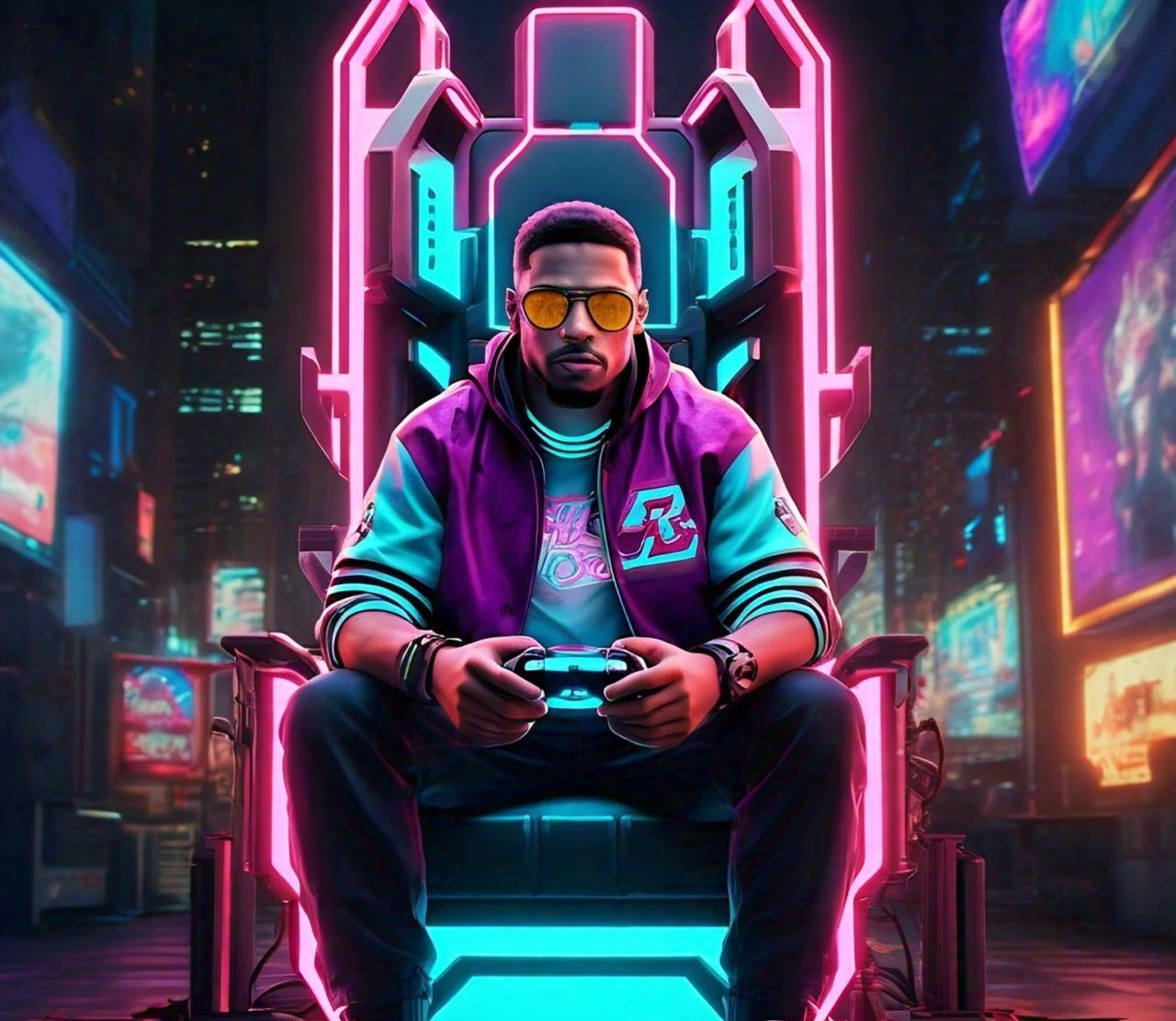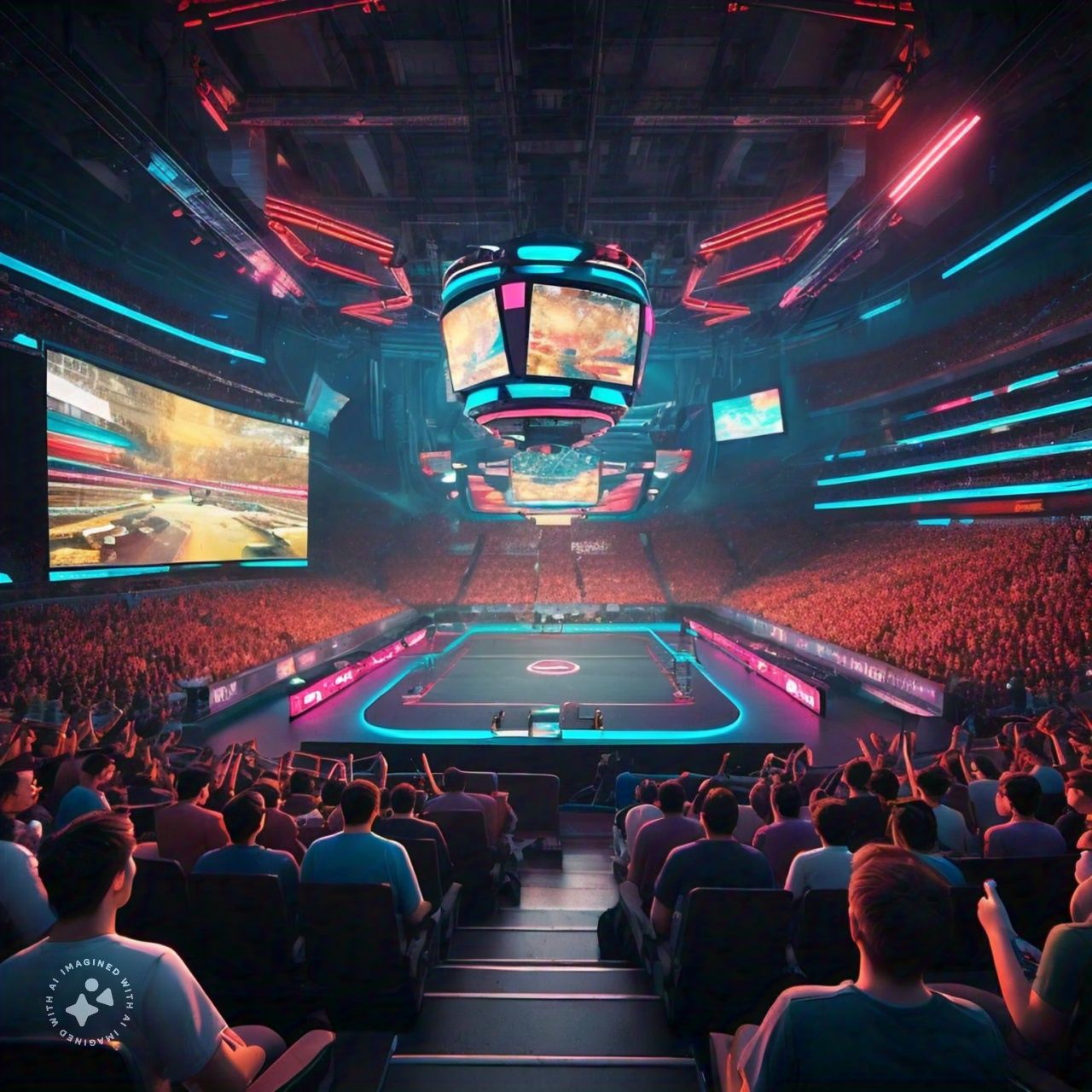How Video Games Shape Pop Culture From Fashion to Education Leave a comment
Video games have transcended their original purpose as mere entertainment and have become a significant cultural force. From influencing fashion music and film to shaping social interactions and education the impact of video games on pop culture is both extensive and miscellaneous. This article gives various aspects that how video games affect in our daily lives and the broader cultural landscape.
The Rise of Video Game Popularity
The rise in popularity of video games can be traced back to the late 20th century. Initially the games like Pong and Space Invaders captured the imagination of young people worldwide. As technology advanced day by day the complexity and appeal of video games. Titles such as Super Mario Bros Legend of Zelda and Sonic the Hedgehog became household names for engaging audiences with their engaging storylines and memorable characters. Today the video games are a multi billion dollar industry for encompassing everything from mobile games to expansive open world adventures on consoles and PCs.
Video Games and Fashion Trends
One of the more visible influences of video games on pop culture is in the realm of fashion. Iconic characters like Lara Croft from Tomb Raider or the various heroes from the Final Fantasy series have inspired clothing lines accessories and even entire fashion collections. This influence extends beyond cosplay conventions and into mainstream fashion where elements from video game aesthetics are incorporated into everyday wear. High profile collaborations between game developers and fashion designers underscore the growing symbiosis between these two industries.
Music: A Symbiotic Relationship
Music and video games share a mutually beneficial relationship. Many iconic game soundtracks have found a life beyond their digital origins. Composers like Nobuo Uematsu (Final Fantasy) and Koji Kondo (The Legend of Zelda) have garnered widespread acclaim for their work. In turn the popular music often finds its way into games enhancing the better experience for players. The use of licensed tracks in games like Grand Theft Auto and FIFA has introduced new audiences to different music genres are further blending the lines between gaming and music culture.
Cinematic Influence
The narrative complexity and visual storytelling of modern video games often rival those of blockbuster films. Games like The Last of Us and Red Dead Redemption 2 are lauded for their cinematic quality are involving intricate plots and well developed characters. This has led to an increase in video game adaptations in Hollywood. While early attempts at video game movies were often met with criticism for recent efforts like Detective Pikachu and Sonic the Hedgehog have enjoyed commercial success proving that the synergy between these mediums is evolving positively.
Social Interaction and Community
Online multiplayer games and social platforms within games have revolutionized the way people interact. Games like Fortnite Minecraft and World of Warcraft have created global communities where players can collaborate compete and socialize. These virtual spaces provide a unique blend of anonymity and friendship allowing people to forge meaningful connections regardless of geographical boundaries. Additionally the platforms like Twitch and YouTube Gaming have turned gaming into a spectator sport with influencers and streamers amassing millions of followers and shaping trends within the community.
Educational Impact
Beyond entertainment the video games are increasingly recognized for their educational potential. Serious games designed for training and education leverage the engaging nature of gaming to teach complex subjects. For instance the games like Minecraft Education Edition and Assassin’s Creed Discovery Tour offer learning experiences in history mathematics and science. These educational tools harness the power of interactive storytelling and problem solving for learning more engaging and effective.
Technological Advancements
The technological advancements driven by the gaming industry have spilled over into other domains. The pursuit of realistic graphics and seamless gameplay has led to innovations in computer the hardware and software development even artificial intelligence. Virtual reality (VR) and augmented reality (AR) are initially popularized through gaming are now finding applications in fields like medicine architecture and education. The demand for high performance gaming devices has also accelerated improvements in consumer electronics for benefiting a wide range of industries.
Representation and Diversity
The conversation around representation and diversity in video games has grown significantly in recent years. Developers are making conscious efforts to include more diverse characters and storylines that reflect the varied backgrounds of their audience. Games like The Sims and Life Is Strange explore themes of identity and mental health offering players a platform to experience different perspectives. This progress not only enhances the inclusivity of the gaming community but also influences broader societal attitudes towards diversity.
Economic Influence
The economic impact of video games extends beyond direct sales. The industry supports a vast ecosystem of related businesses including hardware manufacturers, software developers and content creators. E-sports are another offshoot of gaming which has become a profitable field with professional gamers tournaments and sponsorships drawing significant investment. The global reach of video games also contributes to cultural exchange and international collaboration for further solidifying their role in the global economy.
Challenges and Controversies
In spite of their many positive influences video games are not without their challenges and controversies. Issues such as addiction violent content and the ethical implications of microtransactions and loot boxes have sparked debates among policymakers parents and educators. These concerns highlight the need for responsible gaming practices and robust regulatory frameworks to ensure that video games remain a positive force in society.
The Future of Video Games in Pop Culture
Looking ahead the influence of video games on pop culture shows no signs of waning. As technology become advance the games will likely become more fascinating and integrated into our daily lives. Innovations like cloud gaming and AI driven narratives promise to push the boundaries of what is possible. Moreover, the growing recognition of video games as an art form will continue to elevate their cultural status.
Conclusion:
Video games have firmly established themselves as a cornerstone of modern pop culture. Their influence permeates various aspects of our lives from fashion and music to social interaction and education. As the industry continues to grow and innovate the role of video games in shaping cultural trends and societal norms will expand in making them an essential component of the human experience.

om Crew, an expert in entertainment, brings extensive expertise and experience to his writing. As a distinguished author, he offers readers captivating insights and behind-the-scenes looks, blending his deep industry knowledge with engaging narratives that entertain and inform.




















